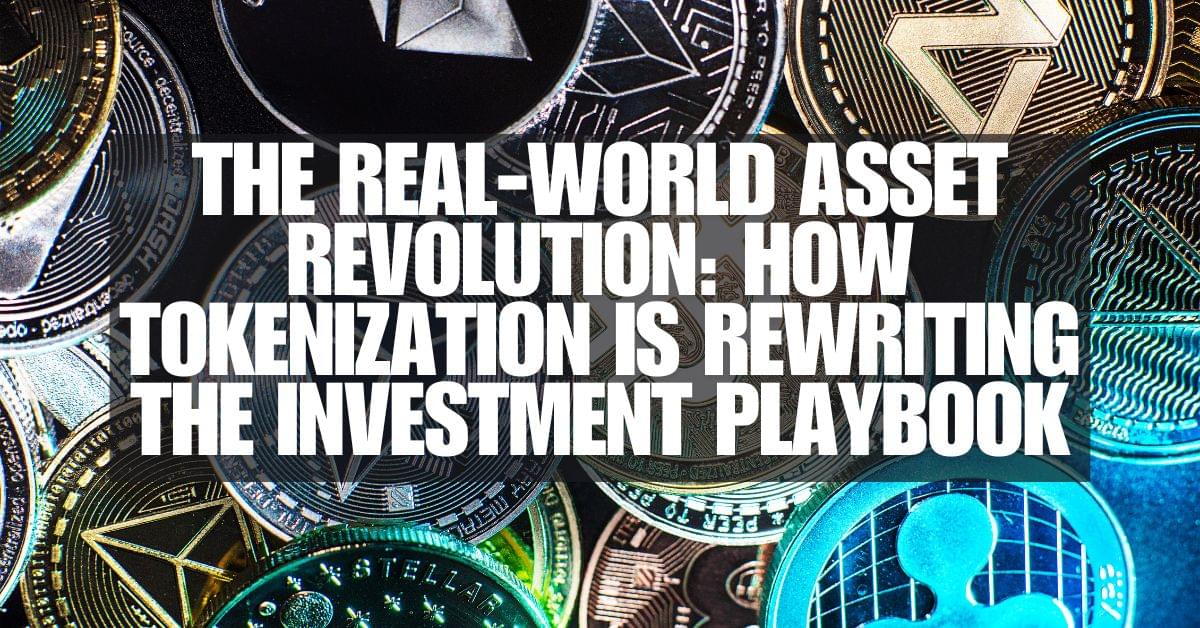The winds of financial transformation are sweeping across Europe, and at the heart of this storm lies the European Central Bank’s ambitious gamble—the digital euro. This isn’t just a leap into digital payments; it’s a strategic stand for monetary sovereignty in a world where decentralized finance and private cryptocurrencies are rewriting the rules of money.
Digital Euro: Beyond Blockchain Hype
Let’s get this straight: the digital euro isn’t another cryptocurrency riding the blockchain wave. It’s a deliberate, strategic move—a counterweight to the rising dominance of private digital currencies and decentralized finance ecosystems.
A High-Stakes Gamble
Picture a currency that fuses the trust and stability of central banking with the speed and transparency of blockchain—a bridge between the analog and digital worlds. For Europe’s 447 million citizens, this Central Bank Digital Currency (CBDC) could redefine how they interact with money, simplifying transactions and broadening financial access.
Why the Digital Euro is a Game-Changer
Turbocharging Efficiency
If traditional banking feels like dial-up, the digital euro is 5G. Transactions that once crawled will now zip through the system, faster, cheaper, and with unmatched precision.
Democratizing Access
For millions excluded by traditional banking, the digital euro offers a lifeline—a gateway to the digital economy where no one is left behind.
The ECB’s Blueprint for Transformation
The ECB isn’t rushing into this. Every move has been meticulously planned, designed to challenge the status quo without unsettling the financial ecosystem:
- 2020–2024: Engaging public and industry stakeholders
- Pilot Testing: Stress-testing technology to iron out flaws
- Collaboration: Working with banks to ensure smooth integration
The Digital Euro vs. Crypto
This isn’t just a technological evolution—it’s a geopolitical play. With cryptocurrencies and stablecoins threatening to undermine traditional financial structures, the ECB is making its stance clear: Europe will lead, not follow.
Challenges on the Horizon
- Privacy vs. Oversight: Can they strike a balance between user anonymity and regulatory compliance?
- Scalability: Building an infrastructure that can process millions of transactions seamlessly.
- Banking Disruption: Rethinking the role of banks in a CBDC-driven economy.
2026: The Tipping Point
The ECB’s decision on launching the digital euro will come in 2026, marking a potential turning point in global finance. This isn’t just a technical upgrade; it’s a reimagination of monetary policy itself.
The Larger Picture
The digital euro isn’t just about payments. Europe declares that it won’t be left behind in the digital financial revolution. It’s a signal to the world that traditional financial systems can innovate, adapt, and compete with the decentralized forces reshaping money.
The financial landscape evolves faster than a meme coin’s price chart. Stay informed, stay ahead.

